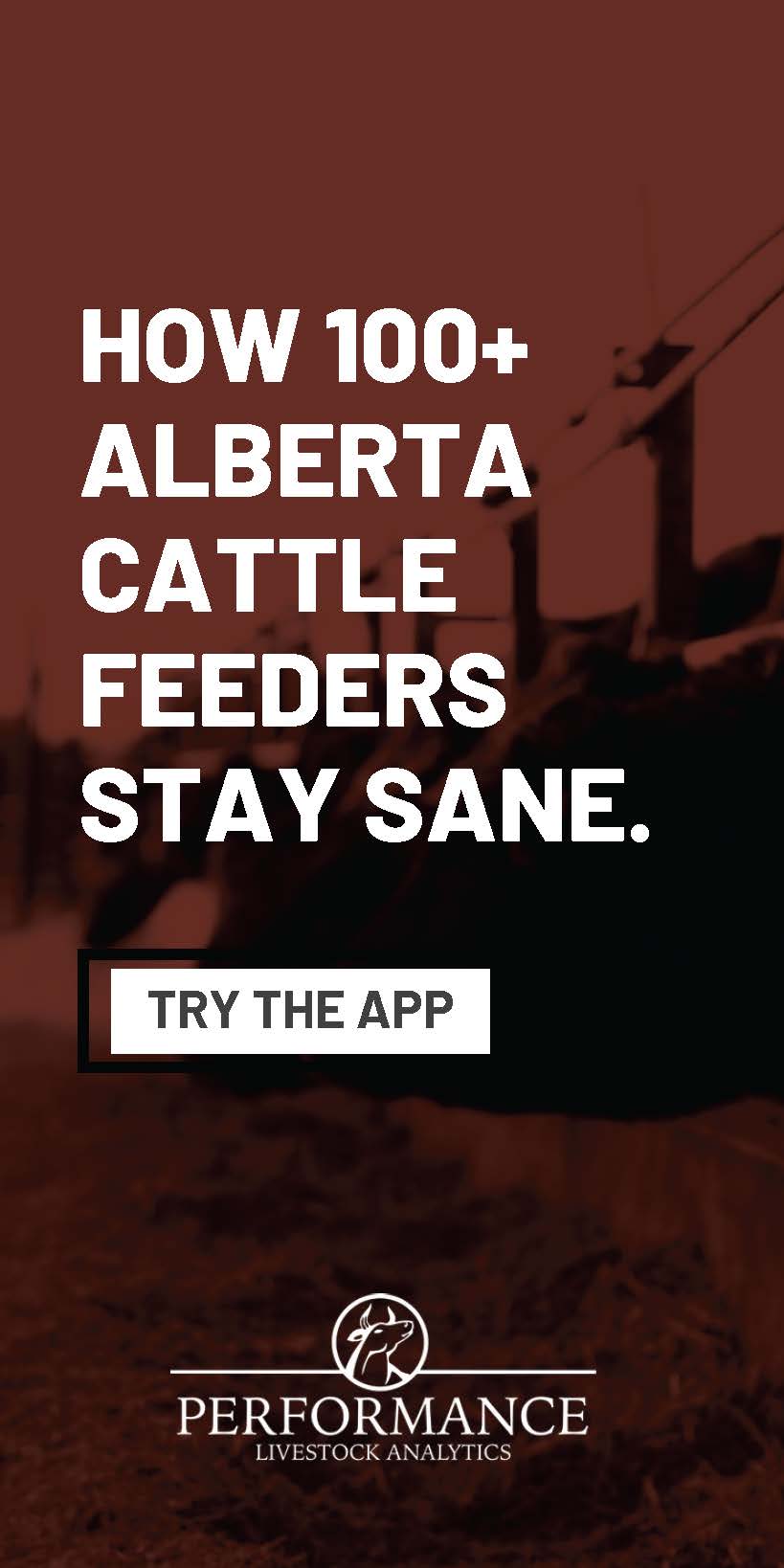This past summer in the Washington D.C. area there was a conference entitled, National Animal Rights Conference, the name of which says it all. With over 1500 delegates from 47 U.S. states and 22 countries attending including some from Canada, this was an animal rights trade show of shows. According to the press releases, the purposes of the conference were to learn about animal exploitation, to train in personal growth, to organize and network with other activists and “recharge their batteries,” as well as, to visit exhibits of new vegan food and other products. Ok, that’s the activists overview. What is interesting though is how another organization managed to send a couple of summer interns to this conference and report back on the proceedings. Enter the Animal Agriculture Alliance (a nonprofit organization that helps bridge the communication gap between farm and fork), who gathered a lot of information throughout the four-day conference. In their 40 page report they categorized each session based on its overall message.
The categories include:
Communication/Media Strategies & Undercover Investigations: These workshops focused on how the activists are framing their stories and messages to attract public and media attention.
Social Movement/Philosophy/Emotion: These workshops compared the animal rights movement to that of other social movements such as, racial, gender and sexual orientation. These workshops addressed how to use emotion and other strategies when promoting veganism.
Government, Law & Politics: These workshops focused on the legality of the movement and their encounters, whether good or bad, with the government.
Science, Technology & the Environment: These workshops provided activists with information on how to best utilize technology as they worked to, quote, expose the cruelty on factory farms.
Promoting Vegan Diets/Targeting Farm Animals: These workshops addressed how the movement is targeting specific demographics and organizations going vegan.
With the categories noted the real meat and potatoes (no pun intended) was a very insightful read into how these people think, what their strategies are to convert others and maybe more important, the media. Here are a couple of examples.
David Coman-Hidy
Hidy is executive director at Last Chance for Animals who said, “activists need to scale back their demands in order to achieve small victories. You need to look at everything as stepping stones.” He added that activists should start small with their demands in order to seem rational, but always pressure companies to move towards eliminating meat, milk and eggs from their menus. This strategy was echoed by Alex Hershaft, founder of FARM, who stated that activists should gradually convince consumers to go vegan by saying “we are trying to reduce the number of animals used for food. We aren’t trying to make everyone vegan. Take them one step at a time or you will lose them.”
Nathan Runkle
Runkle began his workshop on Factory Farm Investigations by emphasizing the sacrifices undercover animal activists have made through gaining employment on farms. He claims these investigators, risk everything to be the eyes and ears of the animals by staying in dumpy hotel rooms in the middle of nowhere. They also put in backbreaking labor. Their sacrifices, however, according to Runkle, have not gone unnoticed because of their success. He briefly mentioned the results of the investigations on Foster Farms and Farmer John in Los Angeles County. He continued by saying that more than 60 of the largest food retailers have said no to gestation stalls, and more than 150 protests and 600,000 signatures led to Walmart changing it’s animal welfare policies. Pertaining to the Walmart announcement, Runkle commented, representing one of the most sweeping policies thus far. Runkle tried to sneak in the success of vegan and vegetarian diets. He claimed that 2 percent of baby boomers, 4 percent of generation X, and 12 percent of millennials are faithful vegetarians. Runkle stated that vegetarian diets are not enough. He proceeded with an undercover dairy investigation, claiming that of their seven dairy investigations…most led to criminal charges. Runkles secondary focus was ag-gag laws or farm protection laws. He claims they are unconstitutional because they violate first amendment rights and he continues, the meat industry is truly desperate in stopping these investigations. These laws are corrupt, one-sided and the intent is clear. He shared with attendees that certain states, Kentucky in particular, tried to sneak in ag-gag language with other animal protection bills. He also claimed that political officials have received $100,000’s from agri-businesses to support such legislation. (This is a bold statement considering how illegal it is.) In response to these bills, Mercy For Animals launched a social media campaign using the hashtag, #NoAgGag. (They are hoping the public will jump on this campaign to support their opposition.)
Peter Young
Young’s strategies for gaining media attention could not be more manipulative and corrupt. His advice is a direct testament to why these activists cannot be trusted according to reports. Young is a firm believer in stirring the pot to be an effective media manipulator. To provide context to this statement, he gave us the following example for college-aged animal activists to use: Locate a building on campus in which animals are being housed for research. Contact the university and ask to reserve a room in this building after hours so you and a group of friends or a student organization can gather to watch a movie. Once you have the room reserved, create 10 new email accounts for the sole purpose of informing the university that they have agreed to let animal activists in a building after hours where animals are being tested. (By receiving a significant number of emails from these anonymous sources, the university will be pushed to cancel this reservation out of fear that these activists might try to break into the lab, destroy the property and set the animals free.) Now you have your story. Create an illusion of a story by giving them a buzz. Once the university cancels the reservation, you can go to media outlets and share with them that the university is not letting students in a building after hours where animals are being tested. This story puts the university under scrutiny because people will begin to question what is actually going on in the laboratory. Enflame the story to make it sound bigger than it is. In addition to this radical approach, Young shared other tips. He said that a lot of mainstream media gets content from blogs so, activists should start with a small blog and then send the link to a bigger blog and so on. Since a lot of these stories are made up, Young said that activists need to redirect the story to the animals. This is the hardest part. Young says that activists have a lot of power, but they have to be strategic or it can backfire.
Wrapping up the conference saw Nathan Runkle again summarize the movement this way. “Animals are not different than humans. Many of the traits and characteristics that people thought were unique to humans are widespread in the animal community. All animals are just as sentient and aware as humans are. We all know that animals want to live, they want to be free.”
This is the kind of Cuckoo for Coco Pops mindset that our industry is working against. These last comments reminded me of what Rich Vista (See page 38) who quoted his grandfather. Cattle have no souls. They do though have a purpose in life and we have to show them respect. Not only raising them but also at the packing plant.
Yes to everything there is a purpose.



